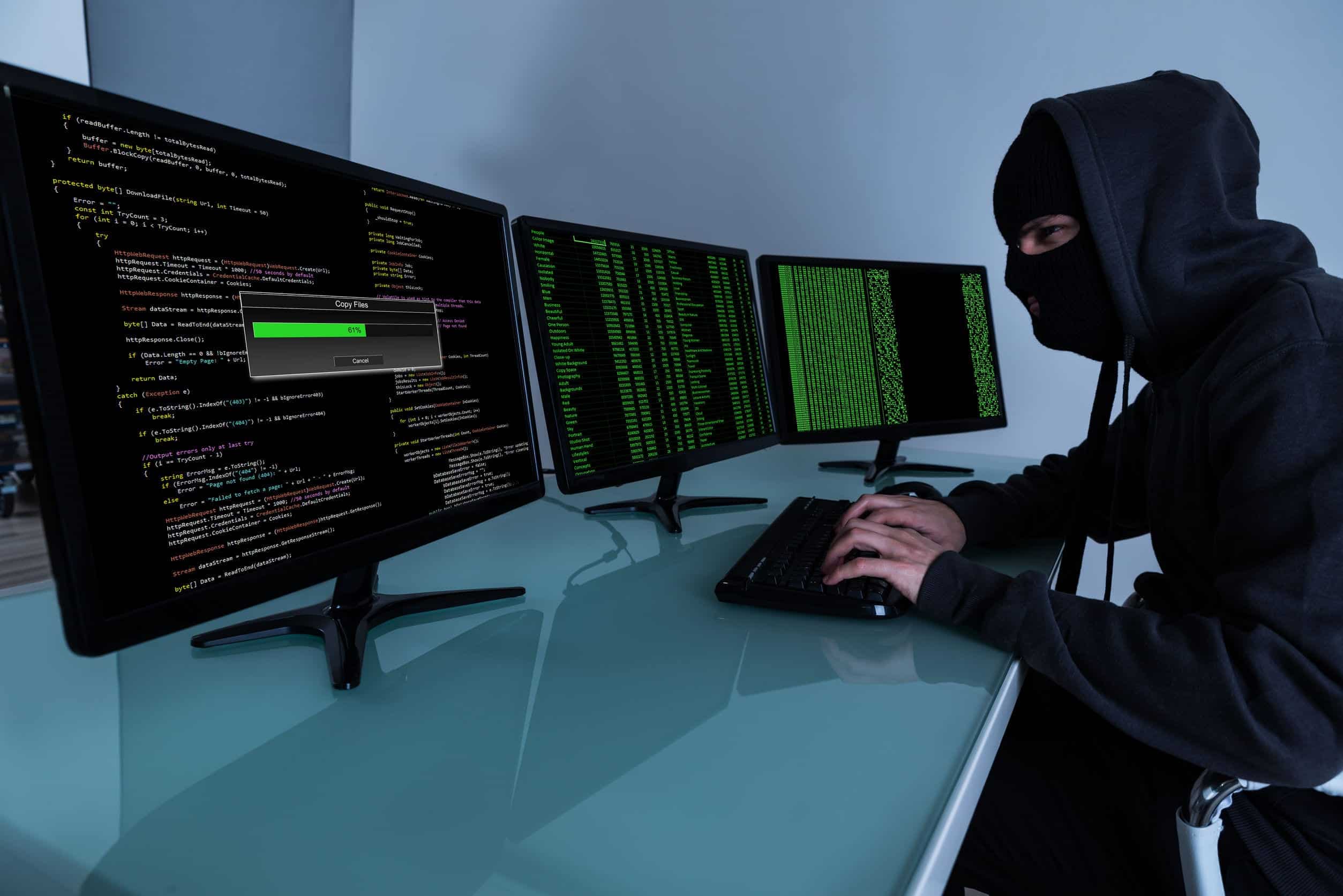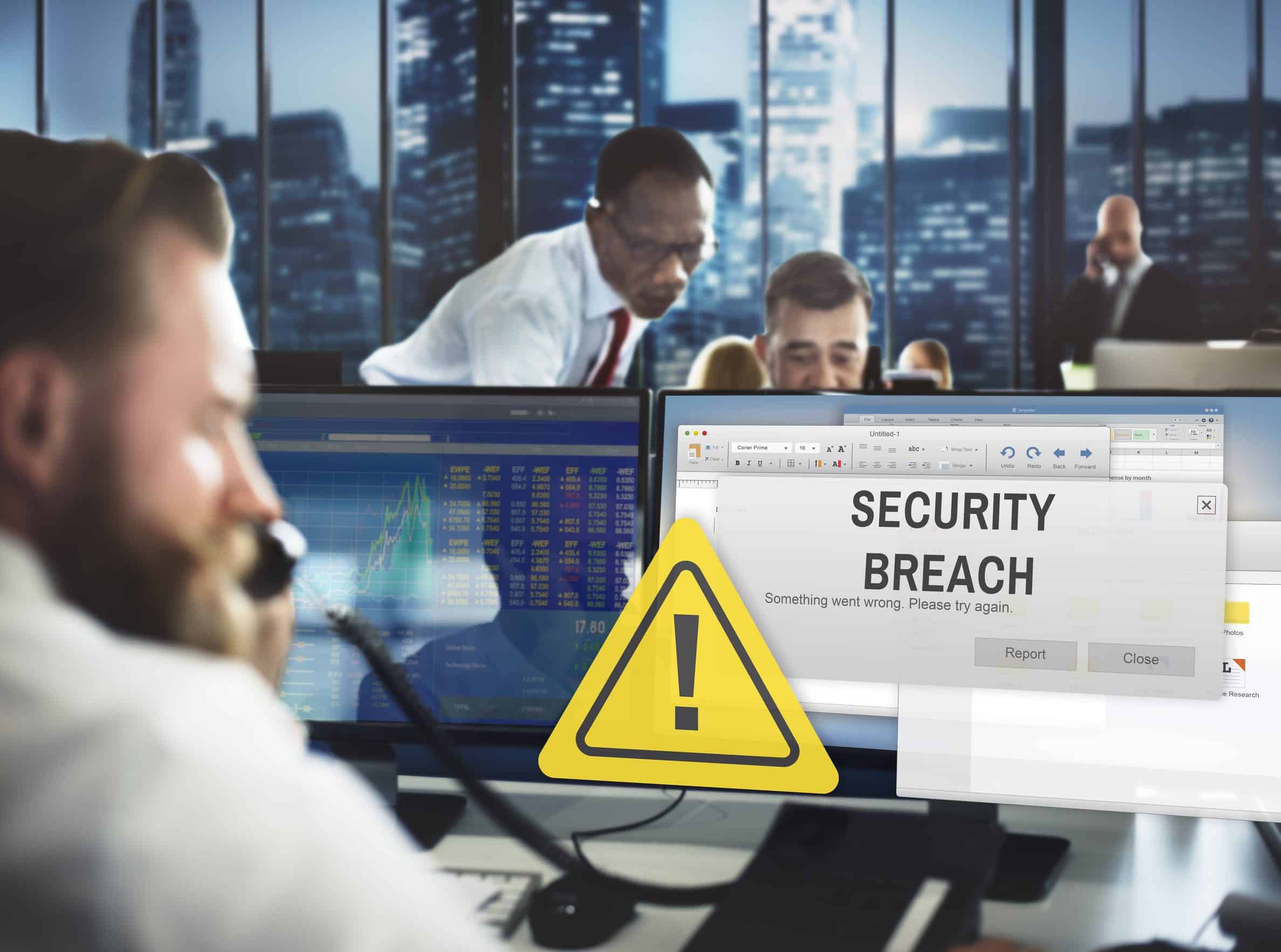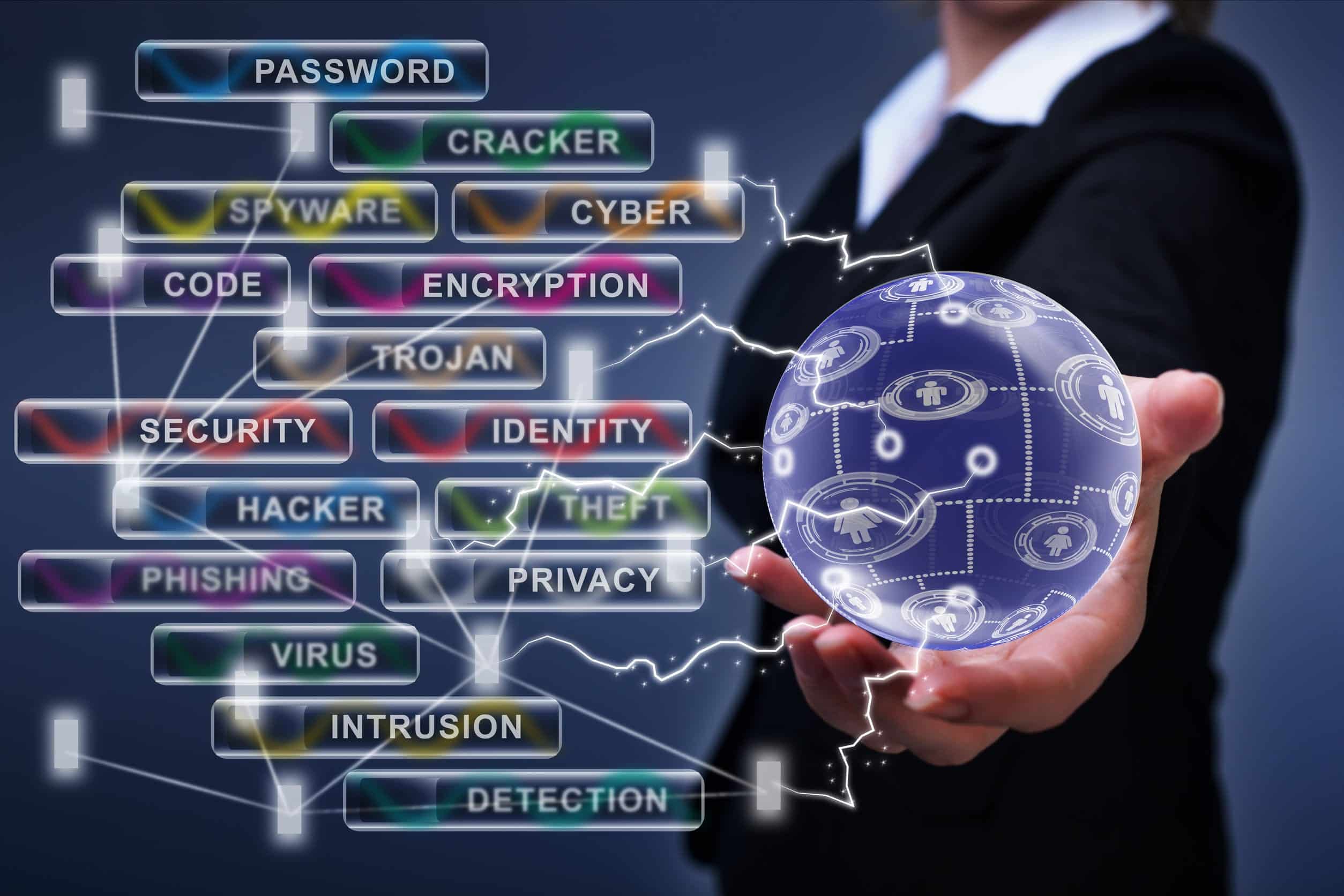- Home
- THE FIRM+
- Criminal Defense+
- CASE RESULTS
- AREAS WE SERVE+
- FAQ’s
- Blog
- Contact
AZHARI LLC BLOG

Posted By: Sami Azhari
Category:
Computers are a staple of modern society, and they have changed the way we do just about everything – including the commission of criminal offenses.
Computers have spread through almost every aspect of society, and they have nearly unlimited potential uses. Accordingly, cyber criminals have rapidly developed an arsenal to commit a wide variety of offenses, collectively referred to as computer crimes. Common computer crimes include credit card theft, identity theft, hacking, malware, pretty much everything on the so-called dark web, child pornography, money laundering, and more.
These are serious offenses with harsh criminal penalties. However, some computer crimes are so serious that they are considered capital offenses – the most severe level of criminal offense.
Most capital offenses consist of different forms of homicide. However, computer crimes such as treason, espionage, cyber terrorism, or cyber warfare may be charged as capital offenses as well.
A capital offense-level computer crime will likely be punishable by life without parole. Although cybercrimes of this scope and severity are most often committed by large-scale cybercrime rings, the definitions of some capital offense-level cybercrimes are broad enough to potentially encompass small-scale operations, too. For example, spying or espionage.
The bottom line is that it’s important to be aware of the laws surrounding cybercrimes to avoid serious criminal consequences. Below, we’re going to provide a guide to computer crimes that can be prosecuted as capital offenses.
Espionage
Espionage consists of stealing secrets without the authorization of the party that has that information, which is most often sensitive, classified, or personal in nature. In order for this act to constitute espionage, the secrets must be obtained by the offender for the purpose of personal, political, economic, or military gains. Cyber espionage may also be committed for the purpose of sabotage or physical, psychological, or political rebellion.
The offender can be an individual, group, or government, and is often a competitor or enemy of the victim.
Cyber espionage most often involves the use of computers to access secrets and classified information, or controlling computers or networks for the purpose of espionage.
Treason
Treason is the act of betraying one’s country. Using a computer to commit treason can fall under the umbrella of capital cybercrimes. Because cybercrime is rapidly evolving, the precise legal definition of “cyber treason” has still yet to be determined.
However, Article 3, Section 3 of the Constitution explicitly states that:
“Treason against the United States, shall consist only in levying war against them, or in adhering to their Enemies, giving them aid and comfort.”
In other words, treason, committed with or without the use of computer, must consist of actively waging war against the United States or an individual state, or providing some form of aid to enemies waging war against the United States.
Cyber Terrorism
Cyber terrorism refers to the use of computers or networks to create widespread fear or disruption in society. This can include the disruption of computer networks or personal computers through the use of viruses or malware.
Generally, cyber terrorists attack major infrastructure such as popular websites, health care, or financial systems. By disrupting infrastructures such as these, cyber terrorists are able to create major disruptions and fear in our increasingly tech-dependent society. Cyber terrorism attacks are highly effective and relatively cheap and easy to carry out, so they are expected to increase in the coming years.
Because cyber terrorism is continuously evolving, there is some debate over how narrow the scope of cyber terrorism is, and cyber terrorism can easily overlap with cyber warfare, financial crimes, and regular terrorism.
Cyber Warfare
Cyber warfare is generally committed by a nation-state, and occurs when such an entity takes action to infiltrate another nation-state’s computer networks in order to create a disruption or cause damage.
Like all cybercrimes, cyber warfare is continually evolving, as is its definition. Other definitions expand cyber warfare to include actors such as terrorist groups, corporations, extremist groups, hacktivists, and organized crime.
A number of acts can constitute cyber warfare, such as cyber spying, sabotage, attempts to disrupt the electrical power grid, and denial-of service attacks. A number of countries have attempted to define what exactly constitutes cyber warfare, but an internationally accepted definition encompassing specific acts of cyber warfare has not yet been developed.
As you can see, cybercrime is a rapidly-growing criminal area. Because of this, you can expect increased precautions against computer crimes – including increased efforts by law enforcement officials to catch and prosecute cybercriminals.
That’s why it’s important to be aware of what’s out there and what exactly constitutes cybercrime. When you are aware of the laws, it is easier to protect yourself — both from becoming a victim of cybercrime and potential criminal charges.
Our adept attorneys specialize in cybercrime defense and possess in-depth knowledge of the legal intricacies surrounding computer-related offenses. Whether you’re facing charges of espionage, treason, cyber terrorism, or cyber warfare, our team is equipped to provide you with comprehensive legal counsel and vigorous representation.
Don’t face the complexities of cybercrime charges alone. Contact us today for a complimentary consultation to discuss your case.
About the Author
Sami Azhari has been working as a lawyer since 2007, after receiving his Juris Doctor from the Michigan State University College of Law. He has handled numerous state and federal cases, and is known throughout the Chicago and Rolling Meadows area for providing his clients with high-quality, skilled representation. He has been recognized by SuperLawyers, the National Trial Lawyers Association, and other notable organizations, and has spoken at a number of legal conferences.



























































